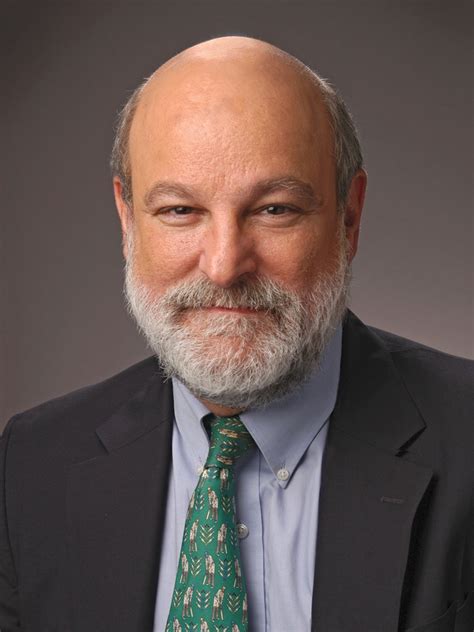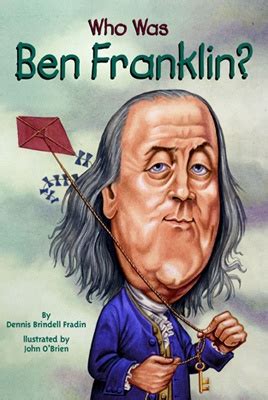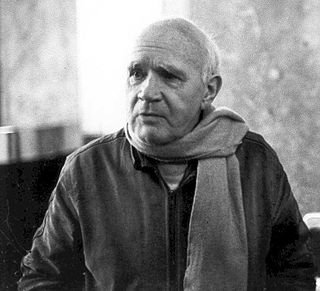A Quote by Ellen Glasgow
No matter how vital experience might be while you lived it, no sooner was it ended and dead than it became as lifeless as the piles of dry dust in a school history book.
Related Quotes
The Bible is not a book like any other. It makes a claim that God spoke and speaks through its message. It argues that as his creatures, we are accountable to him for what he has revealed. The trustworthiness of Scripture points to its authority as well. Scripture is far more than a history book, as good and trustworthy as that history is. It is a book that calls us to examine our lives and relationship to God. Beyond the fascinating history, it contains vital and life-transforming truths about God and us.
Yet soil is miraculous. It is where the dead are brought back to life. Here, in the thin earthy boundary between inanimate rock and the planet's green carpet, lifeless minerals are weathered from stones or decomposed from organic debris. Plants and microscopic animals eat these dead particles and recast them as living matter. In the soil, matter recrosses the boundary between living and dead; and, as we have seen, boundaries-edges-are where the most interesting and important events occur.
'Live each day as if it is your last,' said Mahatma Gandhi. 'Learn as if you'll live forever.' This is what I'm passionate about. It is precisely this. It is this inextinguishable, undaunted appetite for learning and experience, no matter how risible, no matter how esoteric, no matter how seditious it might seem.
Sinners in their natural state lie dead, lifeless, and moveless; they can no more believe in Christ, nor repent, than a dead man can speak or walk: but, in virtue of the promise, the Spirit of life from Christ Jesus, at the time appointed, enters into the dead soul, and quickens it; so that it is no more morally dead, but alive, having new spiritual powers put into it, that were lost by Adam's fall.
They remain dead, the people I try to resuscitate by straining to hear what they say. But the illusion is not pointless, or not quite, even if the reader knows all this better than I do. One thing a book tries to do, beneath the disguise of words and causes and clothes and grief, is show the skeleton and the skeleton dust to come. The author too, like those of whom he speaks, is dead.
Pulvis et umbra sumus. It's a line from Horace. 'We are dust and shadows'. Appropriate, don't you think?" Will said. "It's not a long life, killing demons; one tends to die young, and then they burn your body - dust to dust, in the literal sense. And then we vanish into the shadows of history, nary a mark on the page of a mundane book to remind the world that once we existed at all.






































